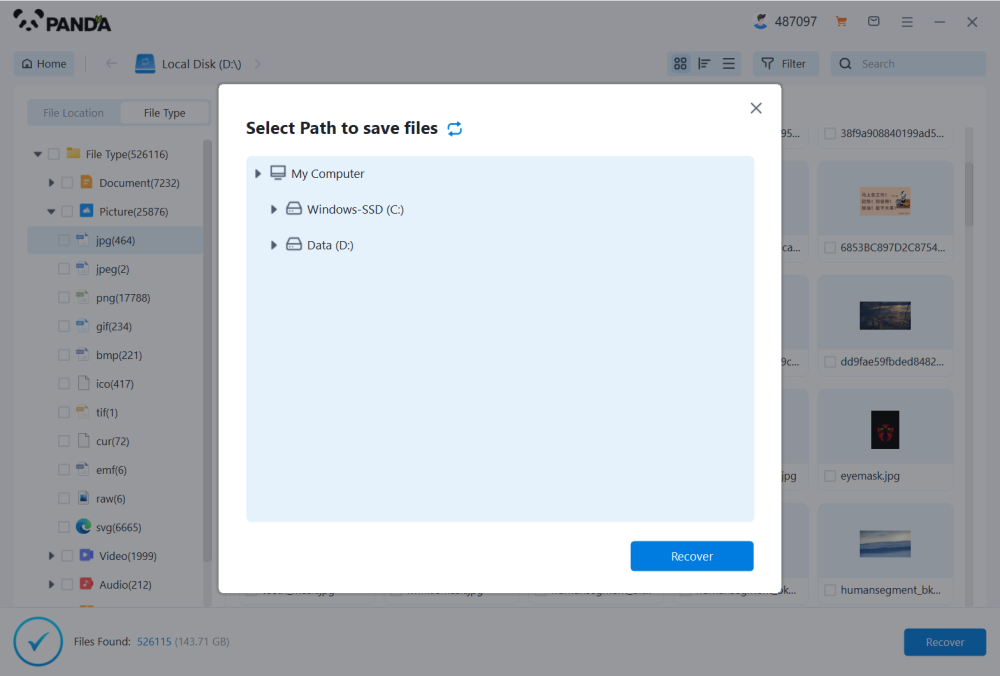It sounds like you're dealing with a situation where your computer's Drive C is being scanned and repaired every time it boots. This can be quite frustrating, especially if it’s happening frequently.
File System Errors: The most common reason for a drive to be scanned and repaired on boot is that the file system has errors. This can happen due to improper shutdowns, system crashes, or issues with the drive itself.
Corrupt or Missing System Files: If critical system files are corrupted or missing, Windows may perform a check and repair to attempt to fix these issues during startup.

Drive Health Issues: Sometimes, physical problems with the hard drive, such as bad sectors or failing hardware, can trigger the need for a repair scan on every boot.
Improper Shutdowns: Frequent power outages, sudden shutdowns, or unplugging the computer without shutting it down properly can lead to this issue.
Third-Party Software: Certain third-party software, especially those that interact with the file system or drive management, can cause or contribute to these repair scans.
Solutions
Check for Disk Errors Manually:
Open Command Prompt as an administrator.
Type chkdsk C: /f /r and press Enter. This command will check the disk for errors and attempt to fix them. You may need to restart your computer for the check to complete.
Update Drivers:
Ensure that all your drivers, especially those related to the hard drive and chipset, are up-to-date. Go to Device Manager, find your hard drive, and check for driver updates.
Run System File Checker:
Open Command Prompt as an administrator.
Type sfc /scannow and press Enter. This tool will scan and repair corrupted system files.
Check Drive Health:
Use a tool like CrystalDiskInfo or HD Tune to check the health of your drive. If the drive is failing, you might need to replace it.
Check for Software Conflicts:
Uninstall any recently installed software or updates that might be causing the issue. Sometimes, software conflicts can lead to repeated repair scans.
Perform a Clean Boot:
Perform a clean boot to see if the issue persists. This can help you determine if background services or startup programs are causing the problem.
Check for Windows Updates:
Ensure that your operating system is up-to-date. Sometimes, updates include fixes for issues related to drive management.
Backup Your Data:
If your drive is showing signs of failing or has persistent errors, make sure to back up your data as soon as possible to avoid data loss.
Consider Reinstalling Windows:
If all else fails and the problem persists, a fresh installation of Windows might resolve the issue, especially if the system files are deeply corrupted.
Preventive Measures
Proper Shutdown:
Always shut down your computer properly to avoid file system errors.
Regular Backups:
Regularly back up your data to an external drive or cloud storage to prevent data loss.
Use Surge Protectors:
Use surge protectors to prevent power outages or surges from causing sudden shutdowns.
Regular Maintenance:
Perform regular maintenance, including disk cleanups and checks, to keep your system running smoothly.




